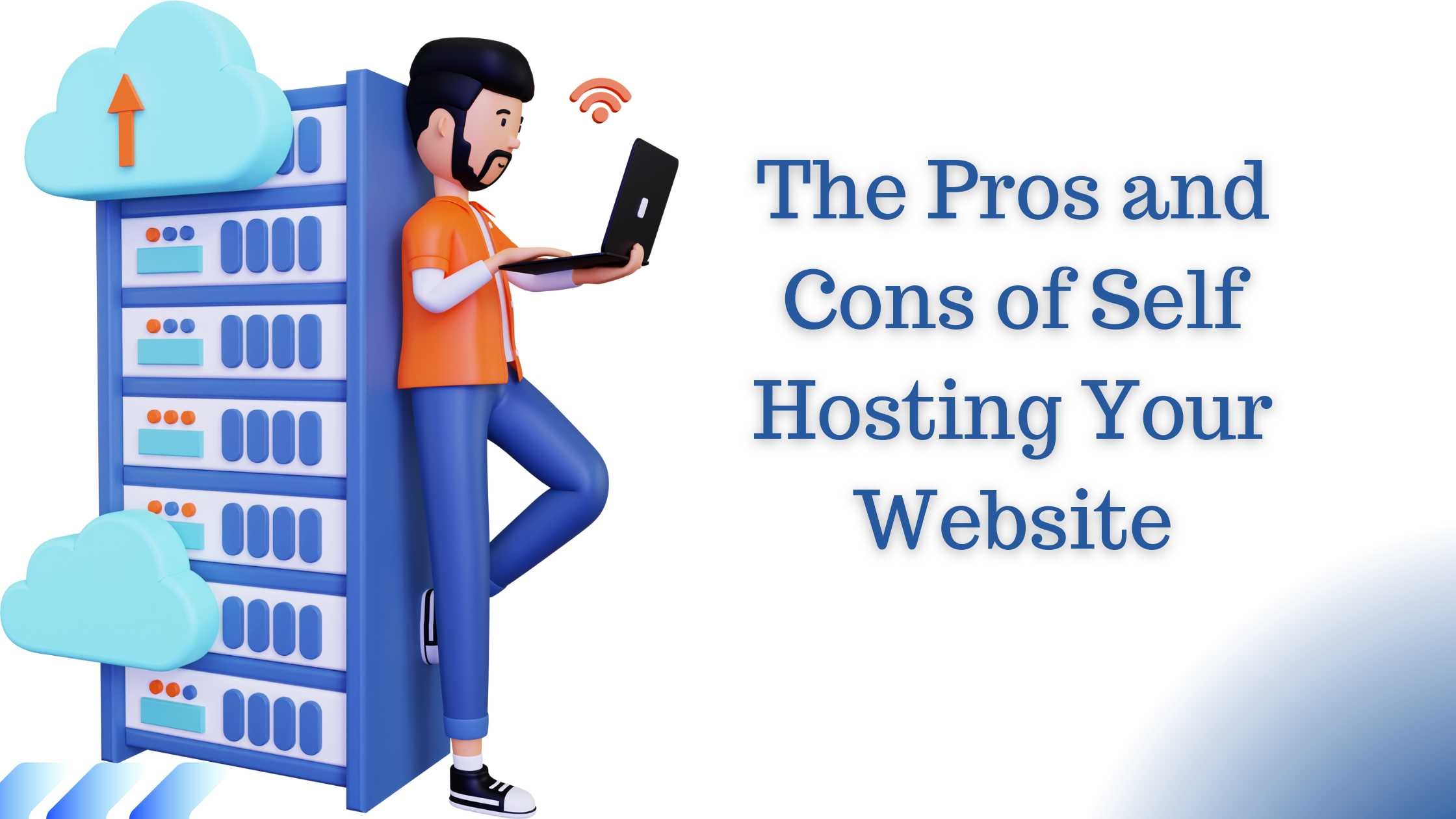The hosting of a website refers to where it is stored and how it can be accessed by visitors. There are two main types of website hosting: self-hosting and web-hosting. Each has their own pros and cons. Self-hosting (or on-premises software) refers to a process in which the software that operates your website is installed on computer hardware owned by your company or organization. It’s often costlier, but there are some benefits that may outweigh the costs. Here are some pros and cons to consider before making the decision to self host your website.
Advantages of Self Hosting
There are many advantages to self hosting your website, including full ownership and control of your data, the ability to make updates whenever you want, and the freedom to store your data wherever you want. If you go with a web hosting service, you’ll be dependent on them for all of these things. Self hosting your website can also give you more scalability, as you can choose to expand your website as needed. If you use a web hosting company, there may be limits to how much space your website can use, which may cause you to pay extra if your website is ever very popular.
Disadvantages of Self Hosting
One of the biggest disadvantages of self hosting your website is the cost. You’ll need to purchase your own computer hardware, software, and make any necessary upgrades as your website grows. You’ll also have to pay for maintenance and upkeep for this equipment. And if anything goes wrong, you’ll be responsible for fixing it. If you go with a web hosting company, they’ll be responsible for maintenance and handling any issues that arise.
Tips for self-hosting your website
– Choose the right software – When deciding on the software that will run your website, you want to make sure it’s an open source solution. This gives you the freedom to make changes, add new features, and scale as needed. It’s important to pick the right software for your needs, as there are many options that vary in terms of ease of use, functionality, and scalability.
– Select the right web hosting – Whether you go with a cloud hosting provider or self hosting on your own computer hardware, there are many options when it comes to web hosting. Make sure to evaluate your needs and find a provider that meets your requirements.
– Get the right computer hardware – If you decide to self host, you’ll need to purchase computer hardware to run your website. There are many variables to consider when choosing hardware, including storage capacity, processing power, and RAM.
Final words:
Is self hosting right for you?
Self hosting is best for websites that need to be highly customized and that receive a lot of traffic. If you just want a basic website, you may want to consider going with a web hosting company. It’ll be more affordable, and you won’t have to worry about maintenance or upgrades. If you are certain that you want to go with self hosting, you need to make sure you have the skills and knowledge required to make this a success. It’s not an easy process and requires a lot of maintenance and upkeep. And, of course, you need to be prepared for any potential issues that may arise.




